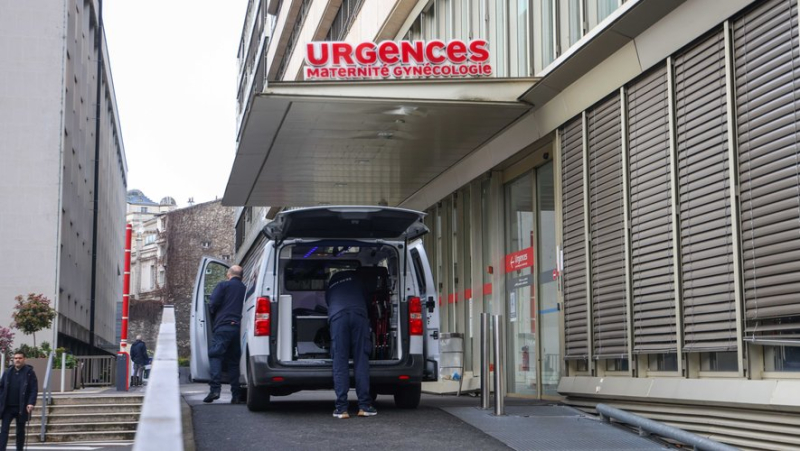Ambulance in “carpooling”, up to 30 kilometers of detour… why the future rules of medical transport are worrying

L’objectif est de permettre à la Sécu de faire des économies. MAXPPP – Luc Nobout
Le projet de décret, dévoilé vendredi par franceinfo, inquiète notamment les associations de malades.
The precision, written in black and white in the draft decree consulted by franceinfo, is already the subject of debate. Patients may now be forced to make up to 30 kilometers of detour during their medical treatment due to the future principle of sharing medical transport.
We already knew this: several patients will have to take the same ambulance or medical taxi to or from a hospital. A measure contested, in particular, by ambulance drivers and taxis.
But it was validated this fall by Parliament to allow Social Security to make savings.
What the decree contains
The reimbursement of medical transport cost, in fact, 5.7 billion euros in 2022, a sharp increase.
But the decree also authorizes a detour of 10 kilometers per passenger within the limit of 30 kilometers.
A perspective that makes Bruno Lamothe, from the Renaloo kidney patients association, jump. Lengthening a patient's return journey after dialysis or chemotherapy can pose a problem, according to him. "The patient may have nausea, vomiting… And this person will be forced to detour up to 30 km while they are in a vulnerable situation, he explains on the microphone of franceinfo.
"A person who lives in Grau-du-Roi, in the Gard, 30 km from Montpellier, will take 44 minutes in winter, but 3 h 45 in the middle of summer, to because of traffic jams to go to the beaches…", underlines Bruno Lamothe.
"Health risks"
"If we think in terms of time rather than kilometers, we will reduce local disparities, which can be those of large cities during rush hour& quot;, agrees Alain Olympie, representative of AP-HP users at Saint-Antoine hospital, in Paris, quoted by the same media.
"Now, the rule will be collective transport and not individual transport", and this will lead to "necessarily" to a deterioration of service for patients, he deplores.
All of this, accompanied by "health risks",according to him, the decree does not provide for the compulsory wearing of a mask in the vehicle. Catherine Simonin, from the League Against Cancer and France Assos Santé, raises another pitfall: the decree indicates that the waiting time for the ambulance or taxi deadline must be < em>"reasonable", without further clarification.
"Very vague, very vague provisions…"
Or "we can see that in the emergency room, we can sometimes wait five hours. These are very vague, very vague provisions…", she observes.
To avoid these inconveniences, patients will still be able to benefit from an individual ambulance by producing a doctor's prescription specifying that their condition is incompatible with shared transport.
How to avoid public transportation
If this is not the case, they can always refuse this collective journey. But to do this, they will have to pay the travel costs themselves, which is still 13,000 euros. fees on average per year and up to 20,000 euros; for a person on dialysis.
Starting next year, those who resist will this time have to pay a penalty, the amount of which has not yet been revealed.< /p>




